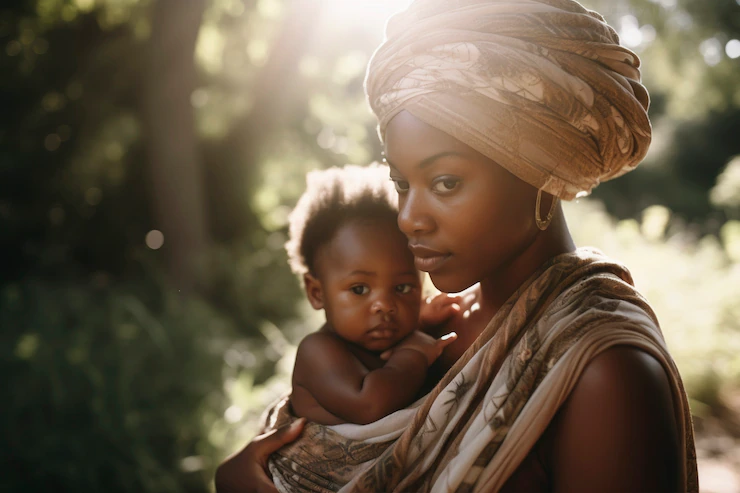South African society is rich in culture, traditions, and deeply ingrained beliefs about motherhood. These cultural expectations can often place significant pressure on South African mothers, shaping their decisions and influencing their choices. However, an increasing number of mothers are breaking free from these expectations, embracing their autonomy, and making independent choices that align with their own values and aspirations. By overcoming cultural expectations, South African mothers are redefining motherhood and paving the way for a more empowered and inclusive future.
Cultural expectations around motherhood in South Africa can vary greatly depending on ethnic, religious, and societal influences. These expectations often revolve around prescribed gender roles, societal norms, and traditional practices. For example, there may be pressures to conform to specific parenting styles, follow traditional gender roles within the family, or prioritize certain cultural practices over personal preferences.
In the face of these expectations, South African mothers are challenging societal norms and embracing their autonomy. They are making independent choices that align with their personal values, beliefs, and aspirations for themselves and their children. These choices may involve career decisions, educational choices, parenting styles, or even the decision to prioritize self-care and personal well-being.
One of the key areas where South African mothers are making independent choices is in career and education. Traditionally, mothers were expected to prioritize caregiving responsibilities over professional pursuits. However, many South African mothers are now pursuing their own career aspirations, whether through entrepreneurship, higher education, or reentering the workforce after starting a family. These mothers recognize the importance of personal fulfillment and financial independence, which not only benefit themselves but also serve as role models for their children.
Another significant aspect of independent decision-making among South African mothers is in parenting styles. Cultural expectations may dictate strict guidelines on discipline, gender roles, and family dynamics. However, mothers are increasingly embracing alternative approaches that prioritize the emotional well-being and individuality of their children. They are rejecting rigid gender norms, encouraging open communication, and fostering an environment that promotes personal growth and self-expression.
South African mothers are also asserting their independence when it comes to healthcare decisions for themselves and their children. Traditional beliefs and cultural practices may sometimes clash with modern medical knowledge and recommendations. However, mothers are advocating for evidence-based healthcare choices, seeking out professional medical advice, and making informed decisions that prioritize the well-being of their families.
Overcoming cultural expectations requires courage, self-reflection, and a willingness to challenge societal norms. South African mothers who choose to make independent choices may face criticism or judgment from family members, friends, or their communities. However, these mothers are paving the way for a more inclusive and empowered society by showing that motherhood does not have to fit into a predetermined mold.
It is important to note that overcoming cultural expectations does not mean dismissing or disrespecting one’s cultural heritage. South African mothers can honor their cultural roots while still asserting their autonomy and making choices that align with their personal values. It is about finding a balance between preserving cultural traditions and embracing personal agency.
Supporting South African mothers in making independent choices requires a collective effort from society. Families, communities, and institutions should foster an environment of acceptance, respect, and open-mindedness. Celebrating diversity and acknowledging that each mother’s journey is unique can contribute to a more inclusive society that values the autonomy and choices of South African mothers.
In conclusion, South African mothers are breaking free from cultural expectations and making independent choices that reflect their values, aspirations, and the well-being of their families. By challenging societal norms, these mothers are redefining motherhood and inspiring future generations to embrace their autonomy. It is through their courage and determination that a more inclusive and empowered South African society can emerge, where every mother is free to make choices that align with her own vision of motherhood.










